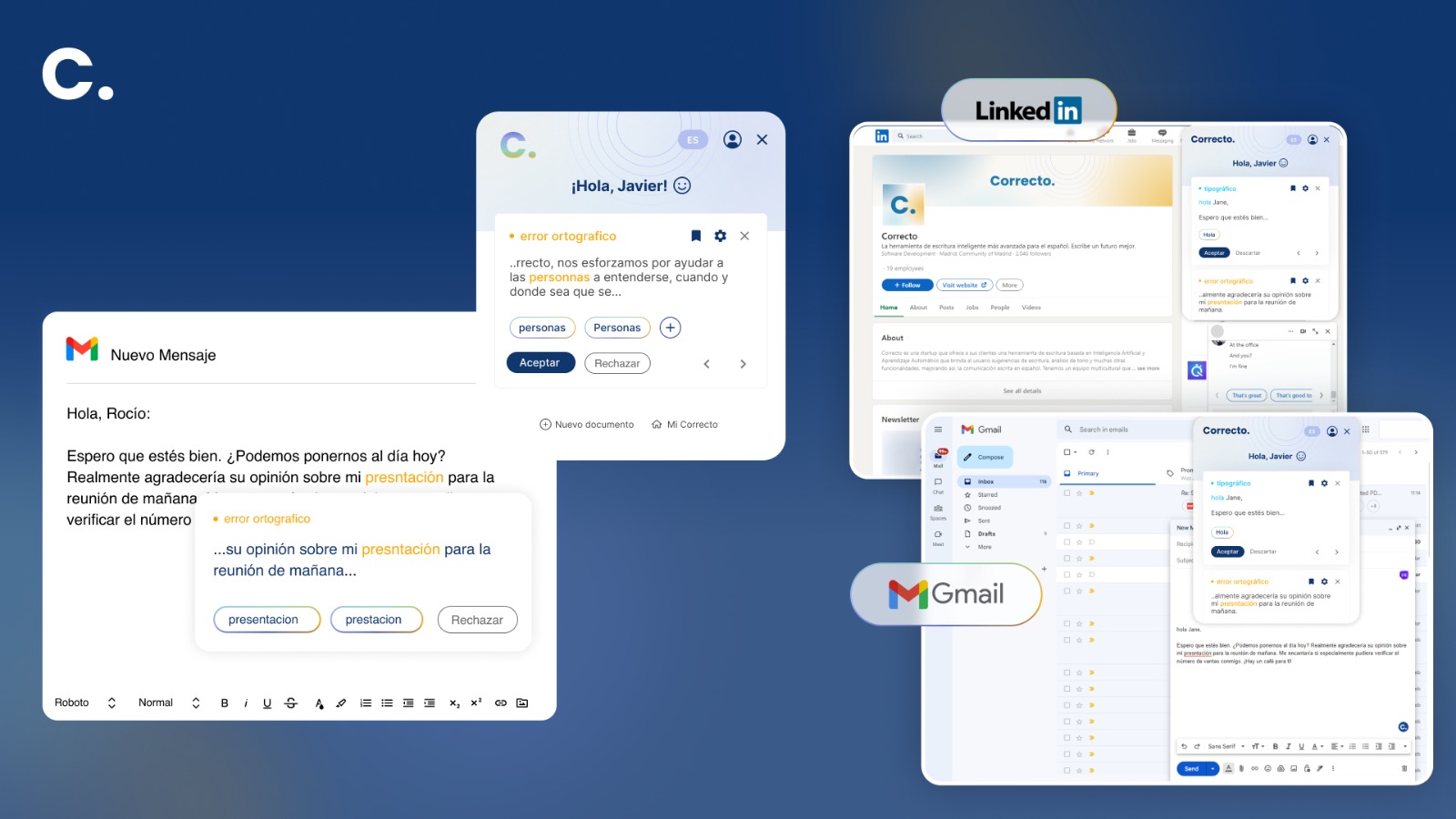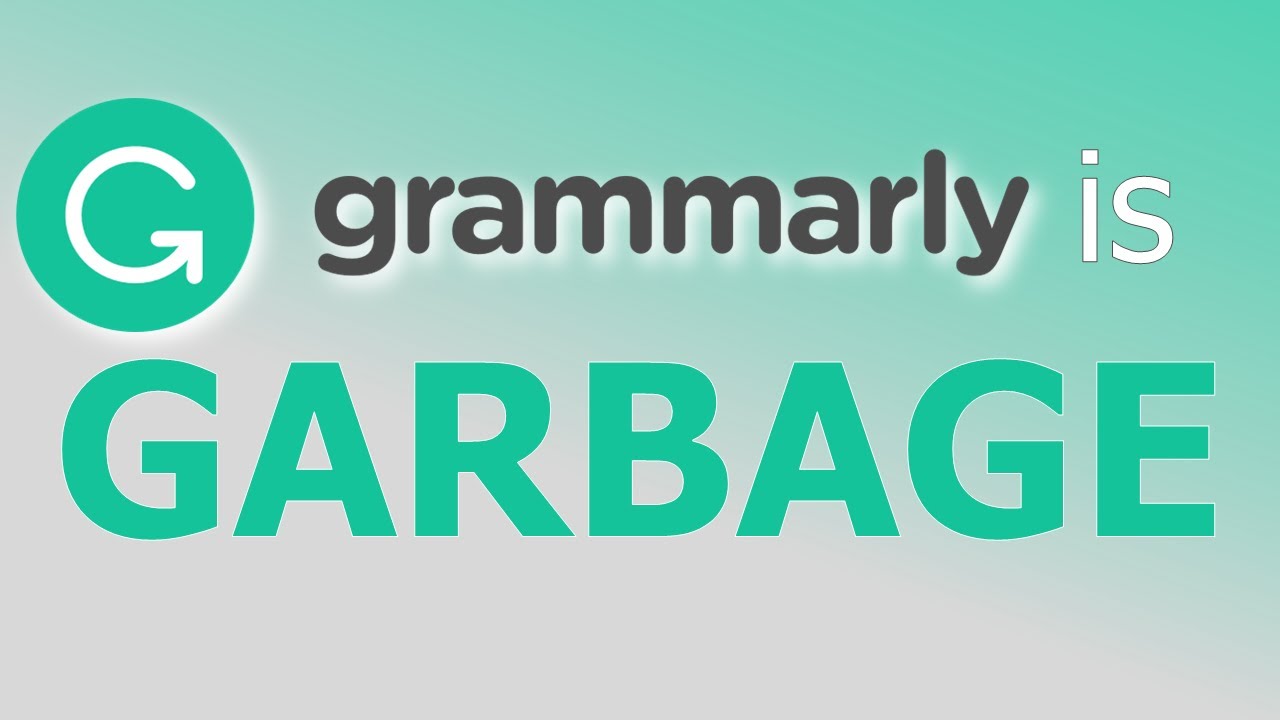Grammarly, the cloud-based typing assistant, is introducing a new feature that utilizes generative AI to analyze a user’s unique writing style and create a personalized voice profile. This feature, called “Personalized voice detection and application,” will be available by the end of the year for subscribers to Grammarly’s business tier. Through passive usage of the product across various apps and tools, Grammarly is able to understand a user’s individual style and preferences, generating a voice profile that can rewrite any text in the user’s distinct writing style.
Key Takeaway
Grammarly’s new “Personalized voice detection and application” feature uses generative AI to analyze a user’s writing style and create a personalized voice profile that can rewrite any text in the user’s unique style. Users have the ability to customize their voice profiles to ensure accuracy and authenticity.
Each voice profile comes with an AI-generated description that highlights the defining characteristics of the person’s style, such as being “positive” and “encouraging.” Users have the ability to customize their voice profiles by discarding elements that they believe do not accurately reflect the way they write, such as tone and style choices. While this is the initial release of the personalized voice features, Grammarly intends to refine and personalize them further based on customer feedback and needs.
The introduction of this feature raises questions about the recognition and compensation of writers for AI-generated works that mimic their voices. While the technology offers a way for writers to leverage context and make their writing sound more personal, concerns have been raised about potential misuse. For example, there is the possibility of a company using a writer’s voice profile to publish blog posts under their name without their approval or compensating them. Additionally, there are concerns about voice profiles being used to impersonate individuals in sophisticated phishing attempts.
It’s worth noting that Grammarly has implemented some safeguards. At launch, only individual users can access their corresponding voice profile, and voice profiles cannot be exported. However, there are concerns about how voice profiles may evolve in the future, particularly regarding Grammarly’s emphasis on cost savings. There is speculation that Grammarly-subscribed businesses may eventually request access to all of their writers’ profiles, raising questions about potential privacy and ownership issues.
The issue of writer protections in relation to generative AI has been a topic of discussion in the industry. Recently, thousands of authors signed an open letter expressing concerns about AI technologies that mimic and regurgitate their language, stories, style, and ideas. In California and New York, writers have taken legal action against AI startup OpenAI for alleged intellectual property theft, claiming that the company trained text-generating AI on their work without permission.
Despite these concerns, Grammarly states that voice profiles are not designed to replace anybody but rather to help writers learn about how they sound and write in a more personalized and authentic way. Grammarly’s new feature joins its other generative AI functionalities, which are entering general availability this week. With over 30 million users and 70,000 teams on its platforms, Grammarly’s generative AI features are facilitating the creation of over 12 million pieces of content weekly.
























